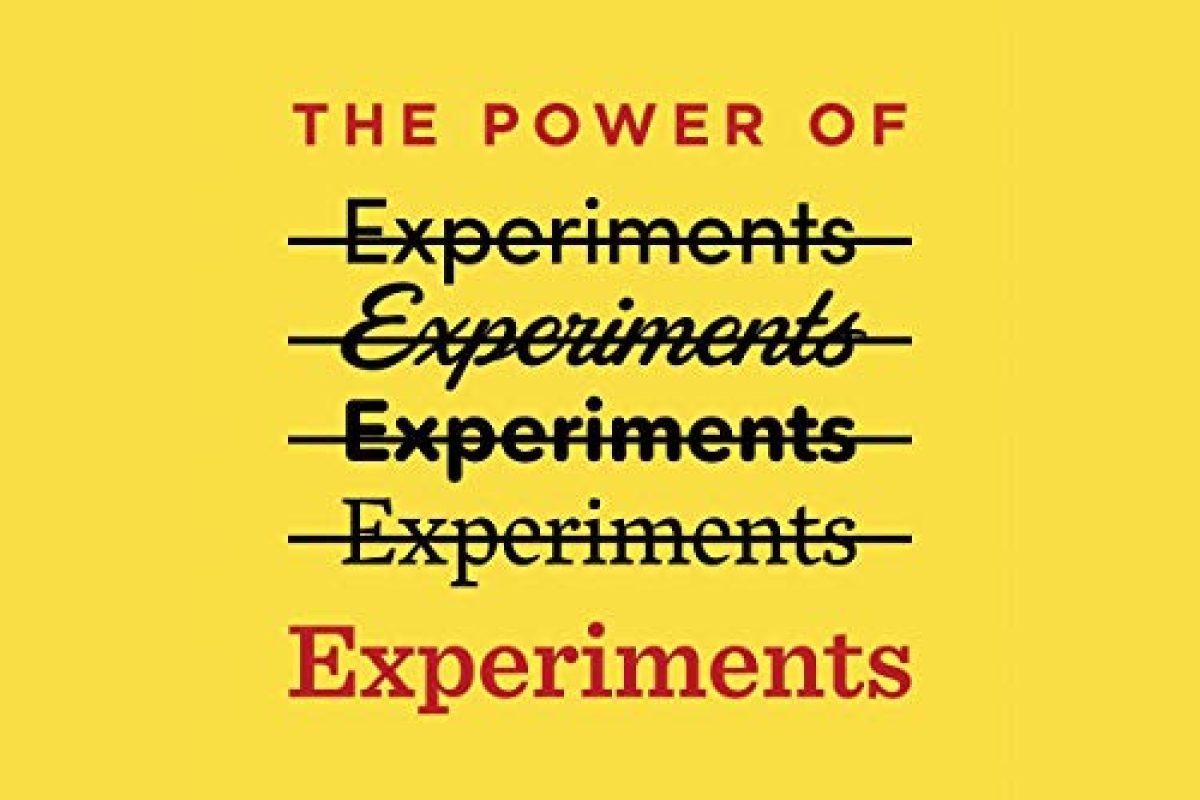“The Power of Experiments: Decision-Making in a Data-Driven World” by Michael Luca and Max H. Bazerman is an essential read for anyone interested in understanding the role that experimentation plays in business and policy decision-making today. The book effectively argues that in our increasingly data-centric world, the ability to set up, interpret, and act upon experiments is invaluable for any organization that aims to be agile, innovative, and customer-centric.
One of the book’s key strengths is its focus on real-world applications and case studies. The authors pull from a variety of sectors, including technology, healthcare, and public policy, to show how randomized controlled trials (RCTs) and A/B testing have been effectively used to make data-driven decisions. These real-world examples not only make the book engaging but also demystify complex statistical concepts, making them accessible to readers without a technical background.
Another impressive feature is the book’s holistic approach to experimentation. Luca and Bazerman go beyond just advocating for more data and experiments; they emphasize the importance of ethical considerations, potential pitfalls, and the human biases that can affect even the most well-designed studies. They caution against ‘p-hacking,’ the practice of manipulating experiments to achieve statistically significant outcomes, and other ethical shortcuts that can distort results.
However, one potential drawback is that the book primarily focuses on examples from large corporations or government bodies that have the resources to conduct robust experiments. While the principles are certainly applicable to smaller organizations, a more in-depth discussion about how these entities can carry out meaningful experiments with limited resources would have added value.
Also, the authors touch on the potential dark side of experimentation, such as invasion of privacy and the ethical ramifications of A/B testing without informed consent. While they do address these issues, a more comprehensive exploration would provide a fuller picture of the field’s ethical landscape.
In summary, “The Power of Experiments” serves as both an introduction to and an advocacy piece for the use of scientific experimentation in decision-making within organizations. It successfully bridges the gap between the technical and practical, providing readers with actionable insights on how to set up their own experiments and interpret the results. While it could delve deeper into the challenges and ethical considerations, the book is a valuable guide for anyone involved in decision-making in today’s data-driven world. It’s a must-read for business leaders, policymakers, and academics alike who wish to make more informed and effective decisions.




